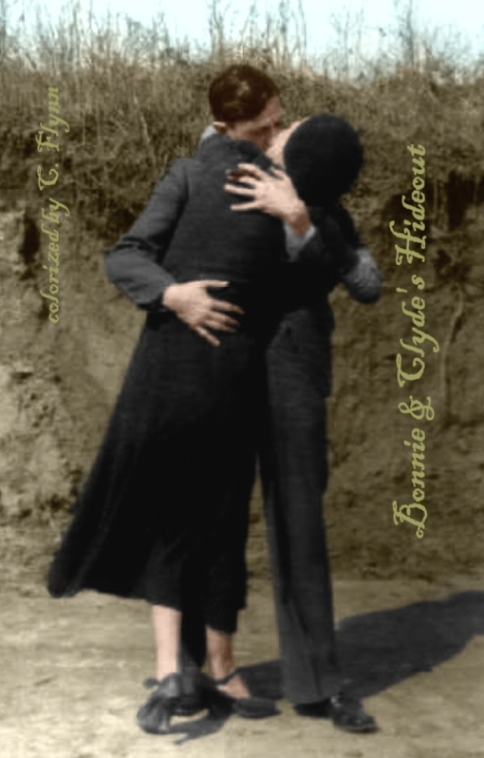By Melodie Campbell
(who successfully disguised herself as a bank manager for several
years…)
One of the great things about managing a bank is the
interesting people you meet. By this I
mean, bank robbers and other villains.
One fraud artist of my acquaintance was affectionately
nicknamed Father Guido Sarducci. Father
Guido was indeed a priest, and one of the most personable guys I’ve ever
met. Friendly, he knew everyone by name,
and always had a kind word for the tellers.
Half of us switched churches just so he would hear our confessions.
We adored him. When he
came looking for funds to ‘renovate the parish hall,’ we were thrilled to help.
Unfortunately, so were twelve other banks.
The bookies were even more thrilled.
When it finally became apparent that most of the funds were going to
renovate the casinos in Vegas, Father Guido got the boot. I think he now preaches from the local jail.
I don’t know what it was about our particular branch, but we
seemed to attract all the novice stick-up artists. As a matter of fact, I seriously considered
installing a sign in the front window: “Experienced Bank Robbers ONLY.” The situation became even more complicated
when the teller in question had the savvy and intelligence of a Hershey Bar.
The following is a verbatim – this is the truth – account of
a conversation that took place between one of my tellers and an extremely
dangerous bank robber:
Robber (waving large gun threateningly): “This is a robbery. Gimme your money.”
Barb (watching the clock for her break): “How much do you want?”
Robber (flustered):
“How much do you got?”
Barb: “Well, if I run
this little card through here, I can get a thousand dollars.”
Robber: “D’ya think you could run it through twice?”
Barb (bored): “I can
try.”
Robber: “Thanks.”
I have a theory that my customer service reps were in fact
members of an elite corps put through special training to psych out
villains. This is the only way I can
explain the behaviour of Carmen, our most efficient teller, when a potential
robber shoved a green withdrawal form across the counter.
“Read the back,” he said.
She did. It was the
standard note. (Do they all go to the
same school?):
‘This is a
stick-up. I’ve got a gun. Give me all your money.’
Whereupon, Carmen turned over the withdrawal form, pointed
to the bottom, and said in a totally bored voice, “You forgot to sign.”
Of course, he had to put down the gun in order to pick up
the pen, and….
The best story I’ve heard in banking circles involved a
seasoned bank robber in Boston. This guy was a master. He was also highly successful, with the Rolex
watch, the Gucci shoes, and the loaded getaway car. A devotee of the in-and-out school of bank
robbery, he would time himself to under a minute.
Unfortunately, on this particularly job, he was not the only
professional on the block. Out the door
with several thousand in a respectable 45 seconds, he stopped dead at the curb,
staring at empty space. His car had been
stolen.
Melodie Campbell
writes funny books about the mob. The Goddaughter’s Revenge, winner of the
Derringer and Arthur Ellis awards, is available at Chapters, Amazon and
Barnes&Noble.
www.melodiecampbell.com
On Amazon




